2. Language
3. Flag
4. Political System
5. Climate
6. Etc
7. Opinion
History and Political system of Brazil
1. History
2. Political system
3. My Opinion
Brazil Culture
Brazil Economy
1. Overall view
2. Brazil's GDP Growth Rate
3. Brazil's economic recession
4. Foreign Direct Investment in Brazil
5. Opinion
Brazil's Trade
1. Coffee
2. Export & Import
3. Trade between Brazil and Korea?
4. Major Trade Agreements
5. In my perspective
A founding member of the Workers' Party (PT – Partido dos Trabalhadores), he ran for President three times unsuccessfully, first in the 1989 election. Lula achieved victory in the 2002 election, and was inaugurated as President on 1 January 2003. In the 2006 election he was re-elected for a second term as President, which ended on 1 January 2011. He is often regarded as the most popular politician in the history of Brazil and, at the time of his mandate, one of the most popular in the world.. Lula played a prominent role in recent international relations developments, including the Nuclear program of Iran and global warming, and was described as "a man with audacious ambitions to alter the balance of power among nations." He was featured in Time's The 100 Most Influential People in the World for 2010.
Lula was succeeded in 2011 by the current president, Dilma Rousseff.
Dilma Vana Rousseff (born December 14, 1947) is the 36th and current President of Brazil. She is the first woman to hold the office.
2. Political system
The Brazilian Federation is the "indissoluble union" of three distinct political entities: the States, the Municipalities and the Federal District.
Brazil is a federation composed of twenty-six States, one federal district (which contains the capital city, Brasília) and municipalities. States have autonomous administrations, collect their own taxes and receive a share of taxes collected by the Federal government. They have a governor and a unicameral legislative body elected directly by their voters. They also have independent Courts of Law for common justice. Despite this, states have much less autonomy to create their own laws than in the United States. For example, criminal and civil laws can only be voted by the federal



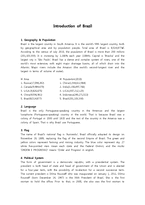
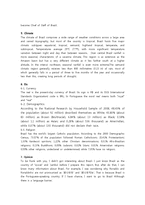
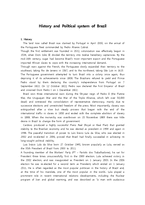
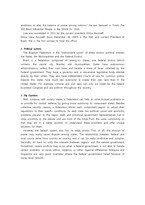
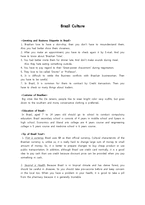
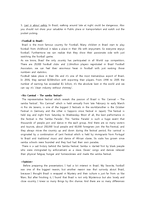
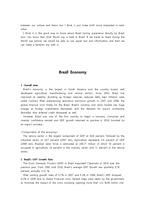
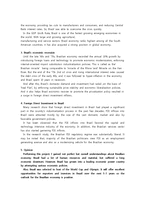
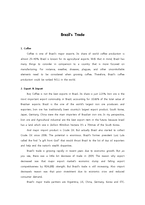
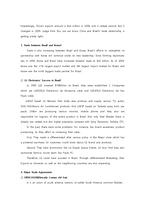
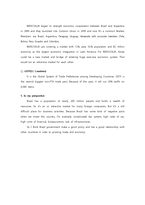
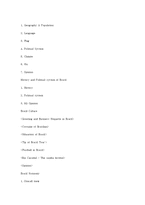
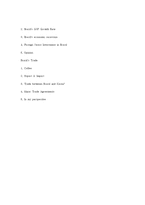
 분야
분야


